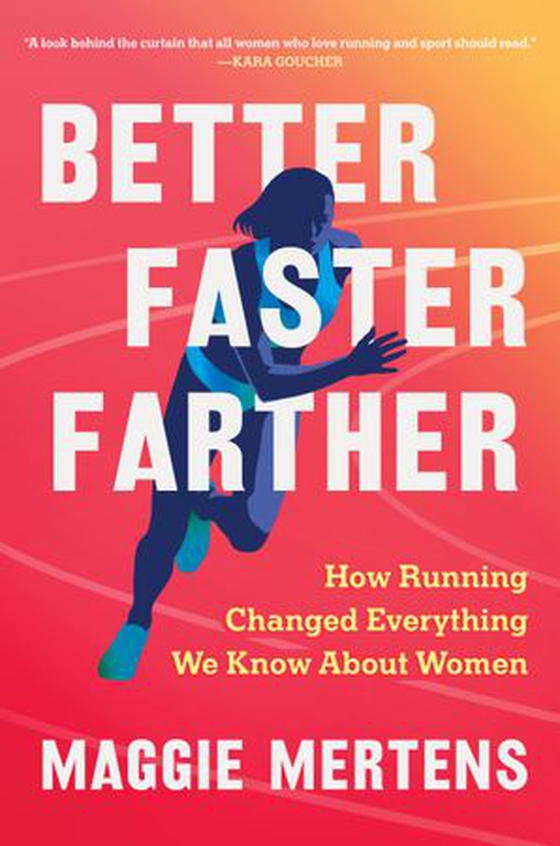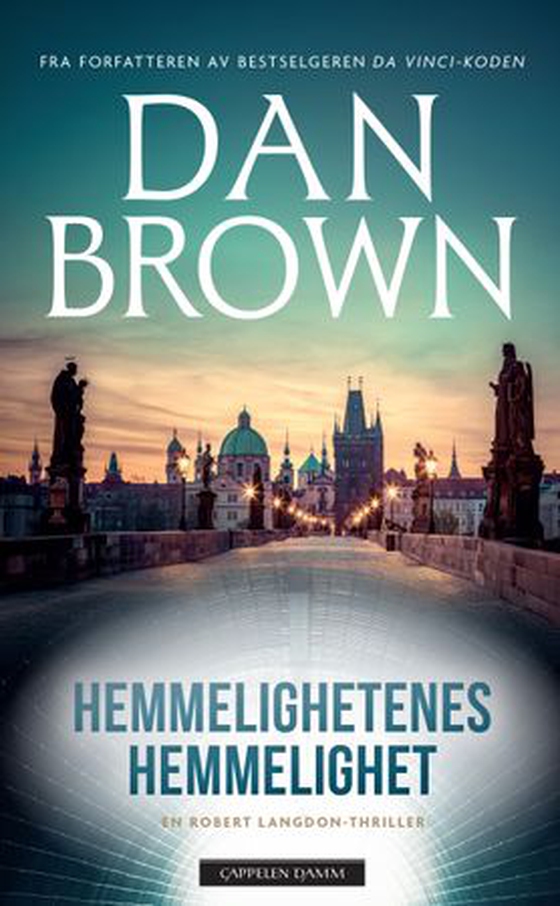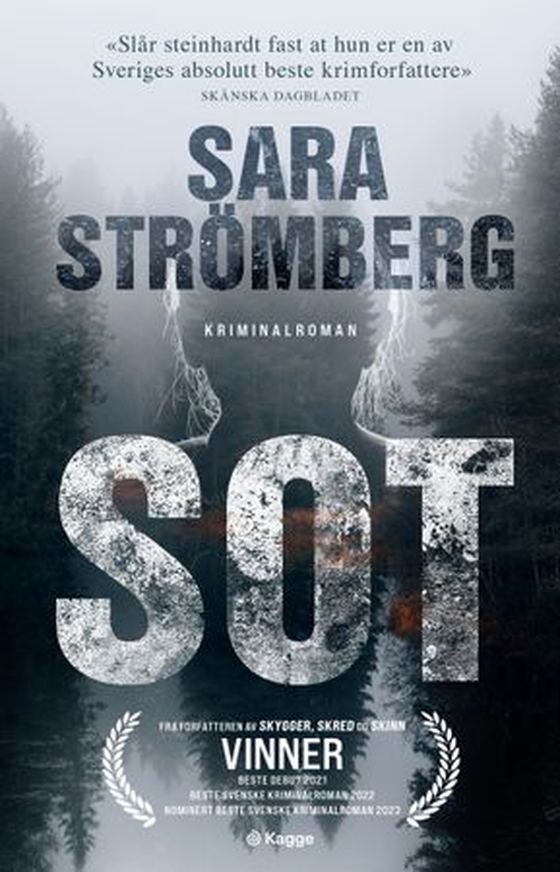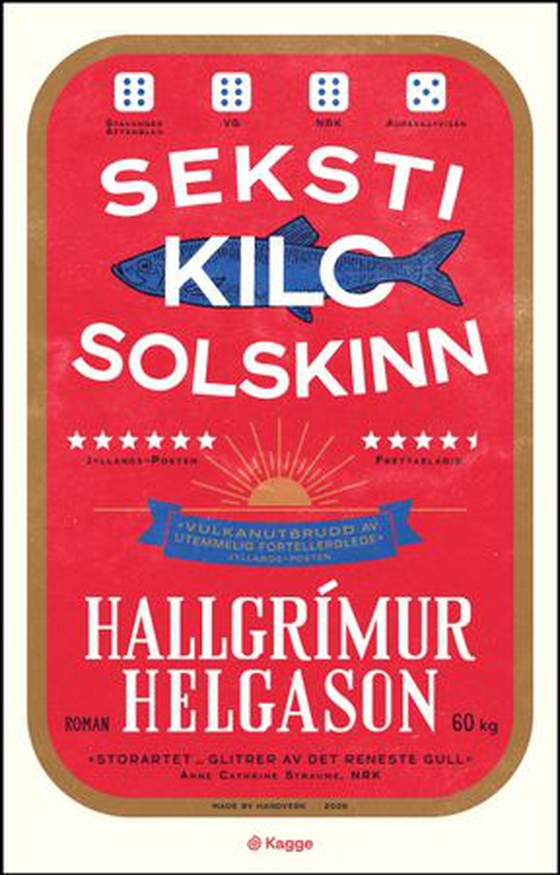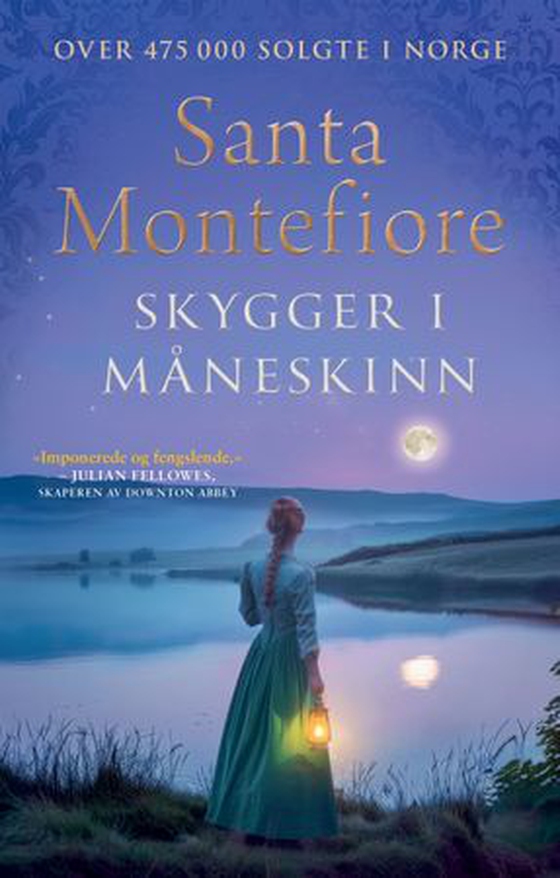Better Faster Farther ebok
125,-
*NATIONAL BESTSELLER* “From foot-binding to corsets, patriarchal societies have found ways to immobilize women, but now, marathoners and Olympians are proving that women can run like the wind!” —GLORIA STEINEM"A look behind the curtain that all women who love running and sport should read.” —KARA GOUCHER, Olympic runner and New York Times-bestselling author of The Longest RaceMore than a century …
*NATIONAL BESTSELLER* “From foot-binding to corsets, patriarchal societies have found ways to immobilize women, but now, marathoners and Olympians are proving that women can run like the wind!” —GLORIA STEINEM"A look behind the curtain that all women who love running and sport should read.” —KARA GOUCHER, Olympic runner and New York Times-bestselling author of The Longest RaceMore than a century ago, a woman ran in the very first modern Olympic marathon. She just did it without permission. Award-winning journalist Maggie Mertens uncovers the story of how women broke into competitive running and how they are getting faster and fiercer every day—and changing our understanding of what is possible as they go.Despite women proving their abilities on the track time and again, men in the medical establishment, media, and athletic associations have fought to keep women (or at least white women) fragile—and sometimes literally tried to push them out of the race (see Kathrine Switzer, Boston Marathon, 1967). Yet before there were running shoes for women, they ran barefoot or in nursing shoes. They ran without sports bras, which weren’t invented until 1977, or disguised as men. They faced down doctors who put them on bed rest and newspaper reports that said women collapsed if they ran a mere eight hundred meters, just two laps around the track. Still today, women face relentless attention to their bodies: Is she too strong, too masculine? Is she even really a woman?Mertens transports us from that first boundary-breaking marathon in Greece, 1896, to the earliest “official” women’s races of the twentieth century to today’s most intense ultramarathons, in which women are setting all-out records, even against men. For readers of Good and Mad, Born to Run, and Fly Girls, Better Faster Farther takes us inside the lives and the victories of the women who have redefined society’s image of strength and power."An essential read to normalize women's existence, excellence, and humanity within the sport of running.” —ALISON MARIELLA DÉSIR
Undertittel
How Running Changed Everything We Know About Women
Forlag
Algonquin Books
Utgitt
21.06.2024
Sjanger
Språk
English
Format
epub
DRM-beskyttelse
LCP
ISBN
9781643756134
*NATIONAL BESTSELLER* “From foot-binding to corsets, patriarchal societies have found ways to immobilize women, but now, marathoners and Olympians are proving that women can run like the wind!” —GLORIA STEINEM
"A look behind the curtain that all women who love running and sport should read.” —KARA GOUCHER, Olympic runner and New York Times-bestselling author of The Longest Race
More than a century ago, a woman ran in the very first modern Olympic marathon. She just did it without permission. Award-winning journalist Maggie Mertens uncovers the story of how women broke into competitive running and how they are getting faster and fiercer every day—and changing our understanding of what is possible as they go.
Despite women proving their abilities on the track time and again, men in the medical establishment, media, and athletic associations have fought to keep women (or at least white women) fragile—and sometimes literally tried to push them out of the race (see Kathrine Switzer, Boston Marathon, 1967). Yet before there were running shoes for women, they ran barefoot or in nursing shoes. They ran without sports bras, which weren’t invented until 1977, or disguised as men. They faced down doctors who put them on bed rest and newspaper reports that said women collapsed if they ran a mere eight hundred meters, just two laps around the track. Still today, women face relentless attention to their bodies: Is she too strong, too masculine? Is she even really a woman?
Mertens transports us from that first boundary-breaking marathon in Greece, 1896, to the earliest “official” women’s races of the twentieth century to today’s most intense ultramarathons, in which women are setting all-out records, even against men. For readers of Good and Mad, Born to Run, and Fly Girls, Better Faster Farther takes us inside the lives and the victories of the women who have redefined society’s image of strength and power.
"An essential read to normalize women's existence, excellence, and humanity within the sport of running.” —ALISON MARIELLA DÉSIR
"A look behind the curtain that all women who love running and sport should read.” —KARA GOUCHER, Olympic runner and New York Times-bestselling author of The Longest Race
More than a century ago, a woman ran in the very first modern Olympic marathon. She just did it without permission. Award-winning journalist Maggie Mertens uncovers the story of how women broke into competitive running and how they are getting faster and fiercer every day—and changing our understanding of what is possible as they go.
Despite women proving their abilities on the track time and again, men in the medical establishment, media, and athletic associations have fought to keep women (or at least white women) fragile—and sometimes literally tried to push them out of the race (see Kathrine Switzer, Boston Marathon, 1967). Yet before there were running shoes for women, they ran barefoot or in nursing shoes. They ran without sports bras, which weren’t invented until 1977, or disguised as men. They faced down doctors who put them on bed rest and newspaper reports that said women collapsed if they ran a mere eight hundred meters, just two laps around the track. Still today, women face relentless attention to their bodies: Is she too strong, too masculine? Is she even really a woman?
Mertens transports us from that first boundary-breaking marathon in Greece, 1896, to the earliest “official” women’s races of the twentieth century to today’s most intense ultramarathons, in which women are setting all-out records, even against men. For readers of Good and Mad, Born to Run, and Fly Girls, Better Faster Farther takes us inside the lives and the victories of the women who have redefined society’s image of strength and power.
"An essential read to normalize women's existence, excellence, and humanity within the sport of running.” —ALISON MARIELLA DÉSIR
Ingen anmeldelser ennå


